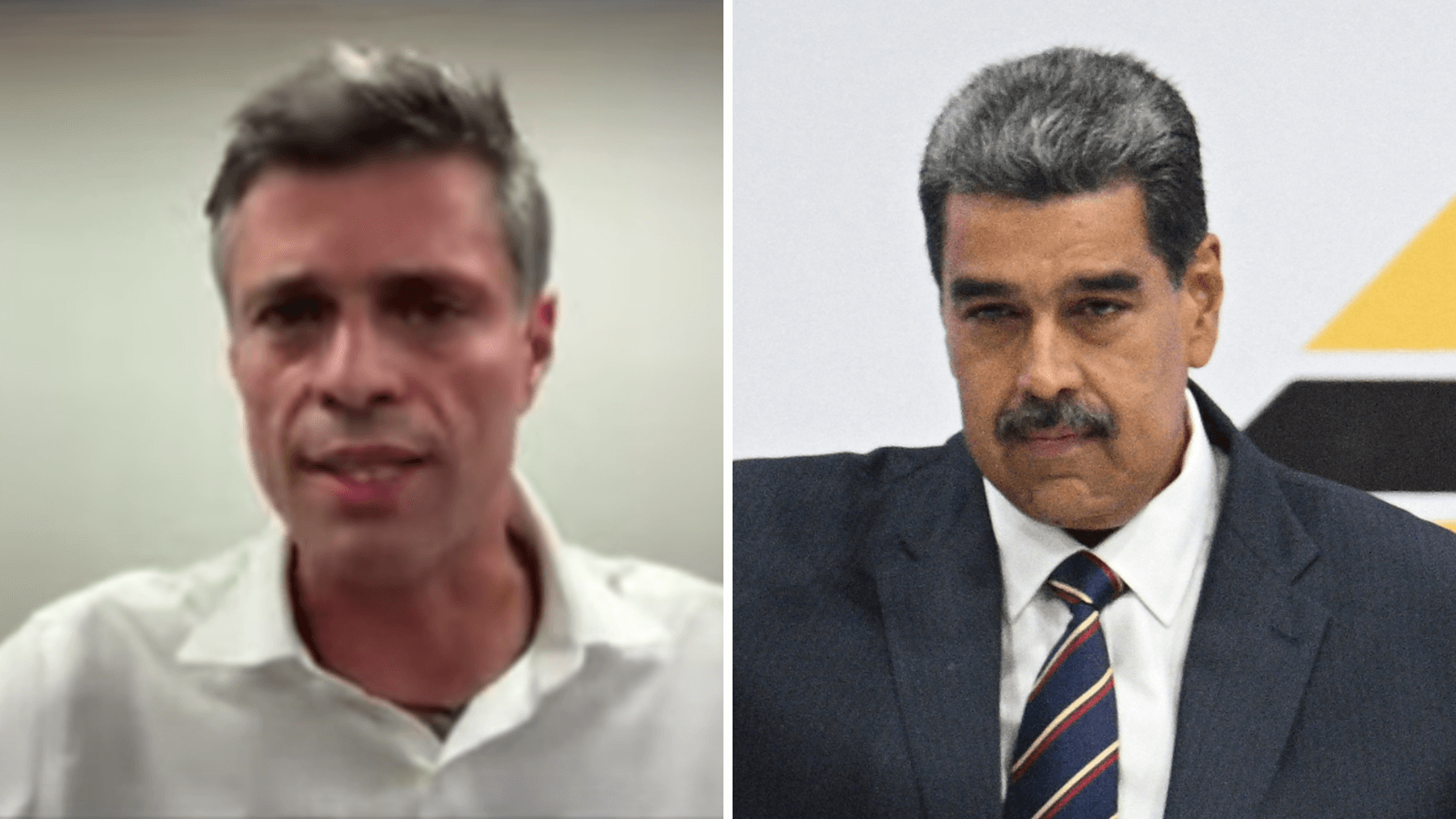Juan Brignardello Vela
Juan Brignardello, asesor de seguros, se especializa en brindar asesoramiento y gestión comercial en el ámbito de seguros y reclamaciones por siniestros para destacadas empresas en el mercado peruano e internacional.




In a revealing interview with journalist Fernando del Rincón from CNN, opposition leader Leopoldo López has declared that "the beginning of the end of Nicolás Maduro's dictatorship" is being observed. According to López, the recent electoral results demonstrate that popular support for the regime has drastically decreased, and the opposition is in a strengthened position to challenge the government's power. These statements arise in a context where the credibility of Venezuela's electoral institutions has been called into question, and the climate of distrust and social discontent continues to rise. López firmly emphasized that the massive participation of Venezuelans in the recent elections is a clear indication of the popular will. "People voted yesterday and they voted massively. It was undeniable," he stated, suggesting that the regime cannot ignore the measurement of this will. This sense of urgency from the opposition is intensified by the promise that the electoral results will be presented to the public, highlighting a 73.2% support for opposition candidates, compared to the 44.2% attributed to Maduro and his party by the National Electoral Council. The opposition, led by figures like María Corina Machado and Edmundo González, has been working hard to make the electoral results accessible through a new digital platform. This transparency effort aims to showcase the opposition's victory and challenge the official narratives that uphold the government's control over the electoral process. López highlighted this effort as a way to "claim victory with the records and with the people," stressing that they have a solid foundation on which to build their claim. The political exile also indicated that pressure is increasing both nationally and internationally on Maduro's regime. The opposition is preparing to present each electoral record in detail, which could significantly impact the legitimacy of the current government. López argues that the electoral fraud perpetrated by Maduro is not sustainable in the long term, asserting that the fear that once dominated the psyche of Venezuelans is dissipating. López's confidence in the transition to democracy is based on the perception that people have stopped fearing government retaliation. "Maduro may be willing to repress, but people are no longer afraid," he defended, which is a notable change in the political and social dynamics of the country. This transformation in Venezuelan society could be the catalyst that propels the struggle for a new era of governance. The electoral context in Venezuela has been marked by years of economic, social, and political crisis, leading to a massive exodus of citizens seeking better living conditions. This situation has created a complex landscape in which the opposition, although fragmented, has been united by the need for profound change in the country. The opposition's strategy seems to focus on using popular disillusionment with Maduro's regime as fuel for their movement. López also recalled that during Hugo Chávez's time, popular support for chavismo was considerable, reaching up to 56% at its peak. However, he emphasized that in this election, there has been a turnaround in the perception of chavismo, suggesting that the support base that was once solid has eroded. The figures presented by the opposition reflect this change, and López believes that the evidence of the opposition's victory is irrefutable. Meanwhile, the international community is closely watching the evolution of the situation in Venezuela. Reactions to the election results and the Maduro regime's response will be crucial in determining the country's next direction. External pressure could play an important role in consolidating the opposition's efforts to seek a democratic transition. Venezuela's recent history has been marked by struggles for human rights and democracy. López's declaration represents not only a cry of resistance but also a call to action for Venezuelan citizens yearning for a different future. The hope for tangible change seems to be gaining strength at a time when the country faces unprecedented challenges. As the days go by and uncertainty persists, the question that lingers in the air is: will this truly be the beginning of the end of Maduro's dictatorship? The answer may depend on both the courage of the opposition and the determination of the Venezuelan people to reclaim their voice and their right to live in a democratic and free country.
Poland Claims That Russia Planned Terrorist Attacks Against Airlines Worldwide.

Lavrov Criticizes The U.S. For Inciting Attacks On EU Energy And TurkStream.

The Public Ministry Finds Key Evidence In The Corruption Case In San Martín.




